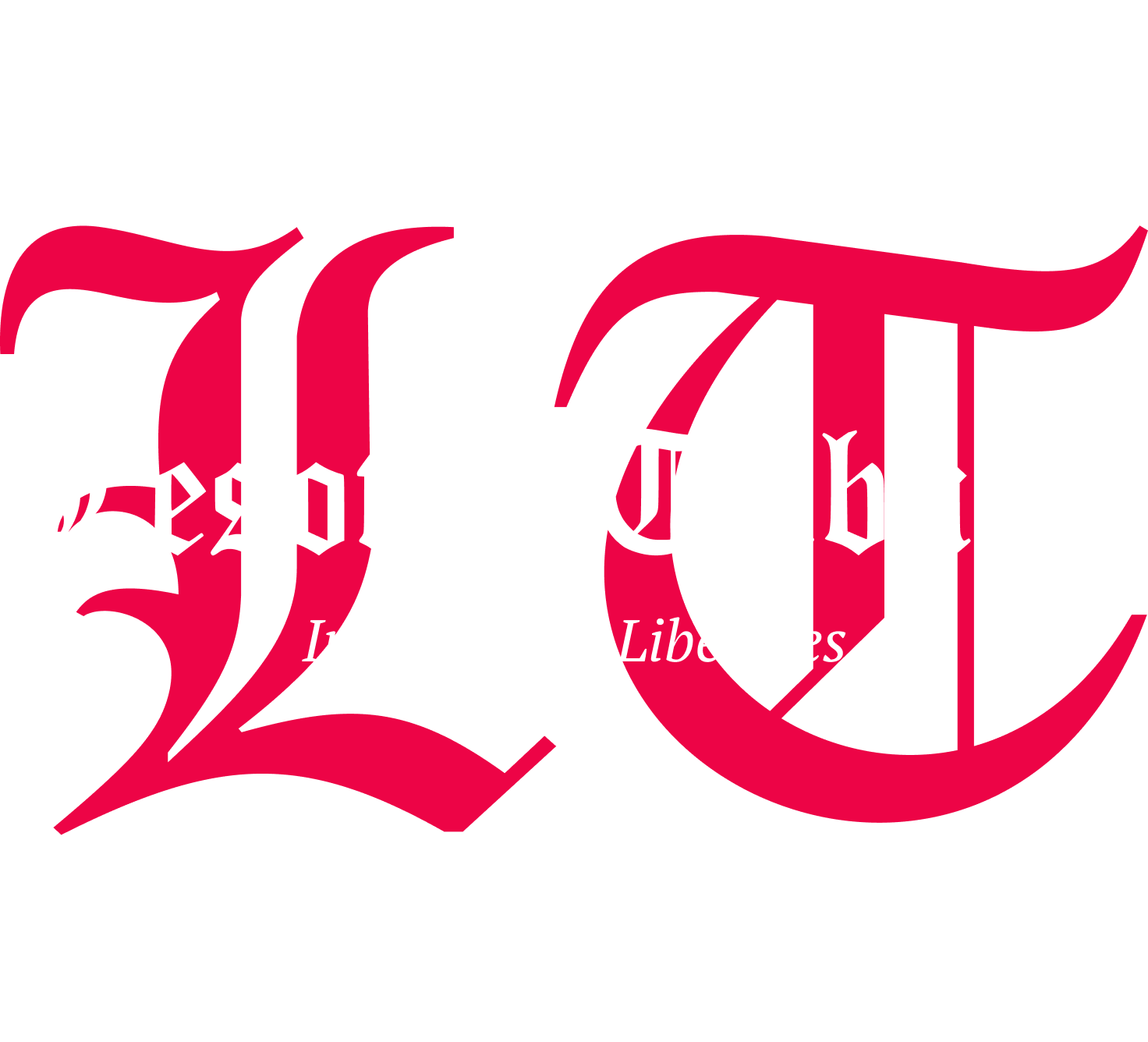Lieutenant General Nhlanhla Mkhwanazi’s remarks before South African Parliament this week were more than reckless [Yes before you wonder why we have an opinion on South African issues…more than half of Lesotho’s ruling party MPs are “South Africans”… not that we need justification to have opinion!]. They were dangerous. His call for journalists to be spied on by the State Security Agency and for reporters to be jailed for so-called misinformation is an assault on the very foundation of South Africa’s democracy.
As a senior police officer, Mkhwanazi carries the weight of public trust and the responsibility to uphold the Constitution. That same Constitution guarantees freedom of the press and the right to receive and impart information. His words, therefore, are not just an opinion. They are an abuse of authority.
What makes his position even more troubling is that it betrays a deep misunderstanding of how media accountability already works. South Africa’s Press Council exists to deal with ethical breaches. It is a forum where the public can lodge complaints, and where journalists are held to account through a transparent and independent process. By ignoring that, Mkhwanazi is not calling for ethics. He is calling for control.
During his testimony, he accused journalists of being “handled” by rogue intelligence officers and spreading misinformation. Yet he offered no proof. Accusations made under parliamentary privilege, without evidence, are nothing but character assassination. If he truly believes certain reporters are corrupt, he should present credible evidence to their editors or to the Press Council. What he should not do is demand that intelligence agencies monitor newsrooms or threaten imprisonment for mistakes.
When state officials begin to decide which journalists are “ethical” and which are not, democracy begins to die quietly. Fear replaces inquiry. Self-censorship takes root. Whistleblowers stop talking. It becomes easier for corruption and abuse to thrive because those who might expose it are afraid of being watched or jailed. This is precisely the playbook of repressive governments that see truth as a threat rather than a tool for reform.
Mkhwanazi’s justification that “national security” requires secrecy is equally hollow. National security cannot be used as a blanket excuse to hide misconduct or silence scrutiny. Oversight is not an enemy of the state. It is its lifeblood. When a senior law enforcement official advocates for spying on journalists, he undermines the very legitimacy of the institutions he leads.
If he genuinely wants to clean up the image of journalism, he should start by respecting due process. He should report unethical conduct through existing structures. He should encourage transparency in policing and ensure that his own house is in order before turning the state’s intelligence machinery on the media.
South Africa has travelled a painful road to earn its freedoms. Journalists were once harassed, jailed, and killed for telling the truth. To hear a high-ranking police official echoing that dark history is deeply unsettling.
Lieutenant General Mkhwanazi must be reminded that his oath is to protect the Constitution, not to weaken it. A nation that allows its police to decide what journalists may or may not write is not a democracy. It is a warning sign.
The right thing for him to do is simple. Retract the call. Respect the press. Strengthen accountability within the law. Anything less is a betrayal of South Africa’s democratic promise.
We don’t want to have his incompetent colleagues here in Lesotho having similar ideas!



